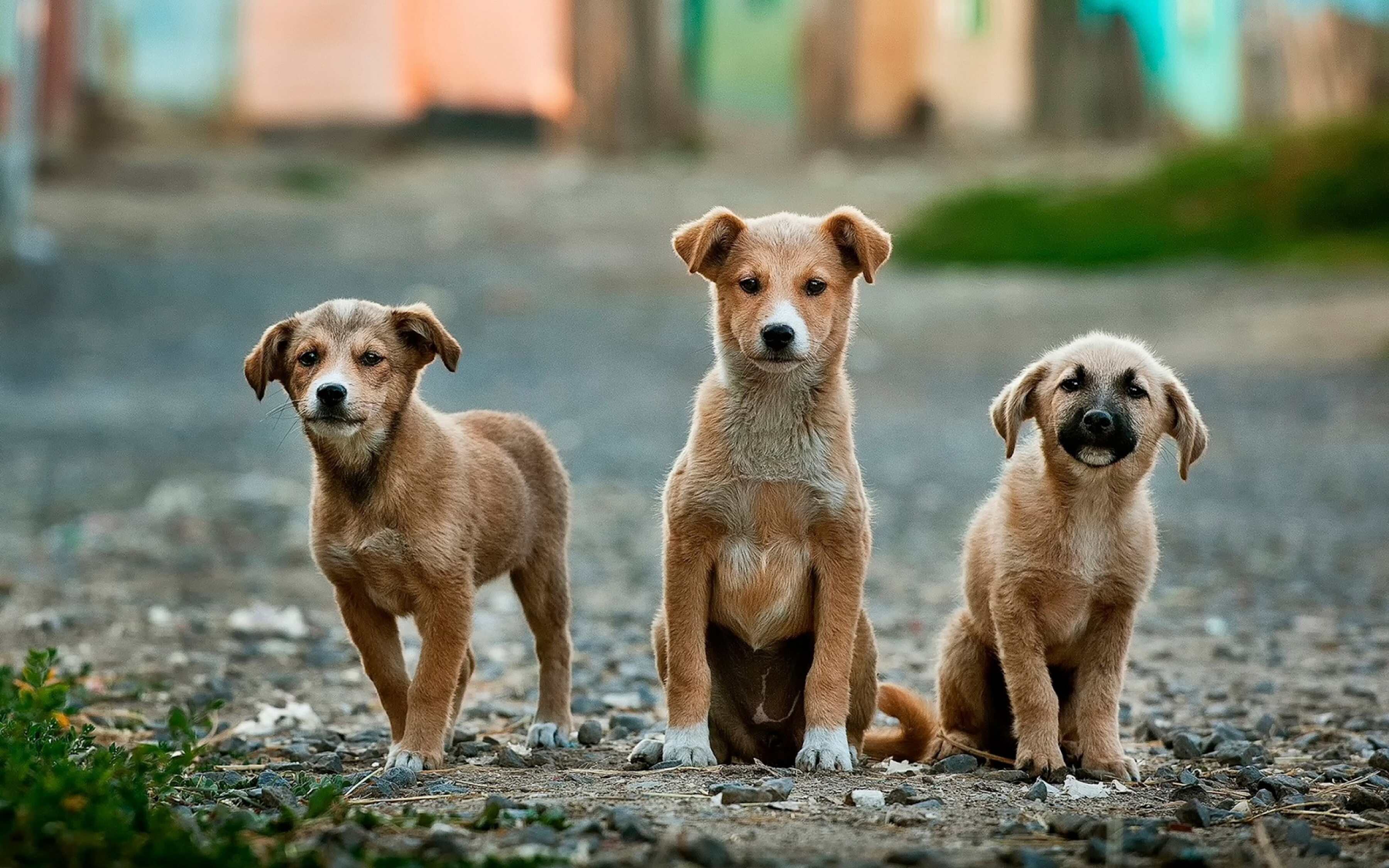Stray incidents
Growing number of attacks by stray dogs is a menace in Kerala but it’s imperative to look at the stray dog issue from the prism of humaneness

Cheetahs are back in India after 70 years! These magnificent wild beings were declared extinct in 1952 in our country due to rampant hunting and loss of habitat. Watching those eight Namibian cats being let loose in Kuno National Park in Madhya Pradesh as part of Project Cheetah was exhilarating. Successive Indian governments have been trying for decades to bring back the Asiatic Cheetah and restore ecological balance. While we rejoiced at the long-awaited arrival of the fastest animal in the world, on the other hand, heart-breaking stories emanated from the southern state of Kerala where the man vs. animal struggle is playing out.
A spate of attacks by stray dogs on human beings in Kerala that has caused some deaths has unleashed an inhumane practice of culling dogs. In the very same week that we welcomed cheetahs back, having spent copious amounts of the taxpayers' money in order to do so, many animals, albeit not as regal as the cheetah, were being mercilessly butchered. As Kerala Chief Minister Pinarayi Vijayan correctly said, killing the strays is not the solution to the problem. News reports suggest that there are 2,80,000 stray dogs in Kerala, which are increasing by 20 per cent every year. Apparently, a lakh people have been bitten by dogs in this year alone and 21 deaths have been caused by rabies. Five of them received anti-rabies vaccines but succumbed, including a 12-year-old girl. Government records say that there were 1.5 crore stray dogs in India as of 2019; the Pet Homelessness Index data suggests there are over 6 crores.
The issue of strays is a heavily debated topic. Every residential complex has its own set of bleeding hearts for animals and strict individuals who refuse to share their gated community with strays. The animal empaths are asked to feed outside the precincts of the complex and take responsibility of the animals that they feed. Both sides have some truth to their demands and actions — a matter that can be resolved through dialogue, cooperation, and above all, compassion. We must sympathise with the strays as well, for they too are living beings with rights.
I am an animal lover, especially of dogs. And while one must acknowledge that stray dogs that roam in packs and scavenge for survival can be territorial. They must be controlled to prevent attacks but definitely not by killing them. The fact that people are demanding that strays be killed and some have surreptitiously killed many by poisoning them is gutting. If the strays have grown in numbers, it's due to ineffective and frankly, barely existent, spaying drives initiated by state governments. In India, stray dogs are misunderstood and abhorred. We would rather spend thousands of bucks and get breed dogs caring two hoots about the unethical practices of breeders. We want exotic dogs meant for foreign locales to thrive in our hot and humid Indian cities. It's appalling that ignorant individuals want to keep a St Bernard or a Siberian Husky in conditions that are not suitable for them. The number of breed animals that are abandoned in spite of their pedigree is also distressing. They are cast off because the dog owners can't care for them due to high maintenance costs or ailments.
Now compared to all of these, our Indies are hardy animals. They are strong, protective, and natural inhabitants of our soil, which makes them resilient too. And to top it all, they are as loving as any other dog. It's our faulty perception that the Indian pariah dog is in any way less sophisticated as a breed. Today, there is agreeably better acceptance of Indies as pets and the social campaign of 'adopt, don't shop' has helped raise awareness as well.
Herein, lies the solution to the stray dog problem in India. With mass vaccinations and sterilisation, the inflating dog population can be controlled. The new rules proposed by the Centre for animal birth control would hold the key as long as there is no misuse of it or murdering of animals under its garb. The proposed Animal Birth Control Rules, 2022 also definitively ends the fight between residents' welfare associations and animal lovers. It puts the responsibility of feeding and caring for the animals in and around the complex on the RWAs, who can work with the help of locals that care for strays.
In my view, there are a few other measures that local governments can also undertake. Stray dogs, especially those with behavioural issues, can be relocated to humane government/privately-run or supported institutions. Just like human beings, animal behaviour can also be changed. If a stray is violent or snappy, chances are that it has faced trauma in the past. While there are incidents of dogs attacking humans, let's not forget the numerous instances of violence against innocent dogs. From being kicked around to having fire crackers set aflame while being attached to them and even sodomy, there are enough incidents of violence against animals to make one retch with disgust. Once rehabilitated, dogs can be adopted and given their forever homes. There are humane ways of tackling the stray dog problem in India. Animals attack for self-preservation; as the more intelligent beings, humans should be evolved enough to find an answer without resorting to murder.
The writer is an author and media entrepreneur. Views expressed are personal



